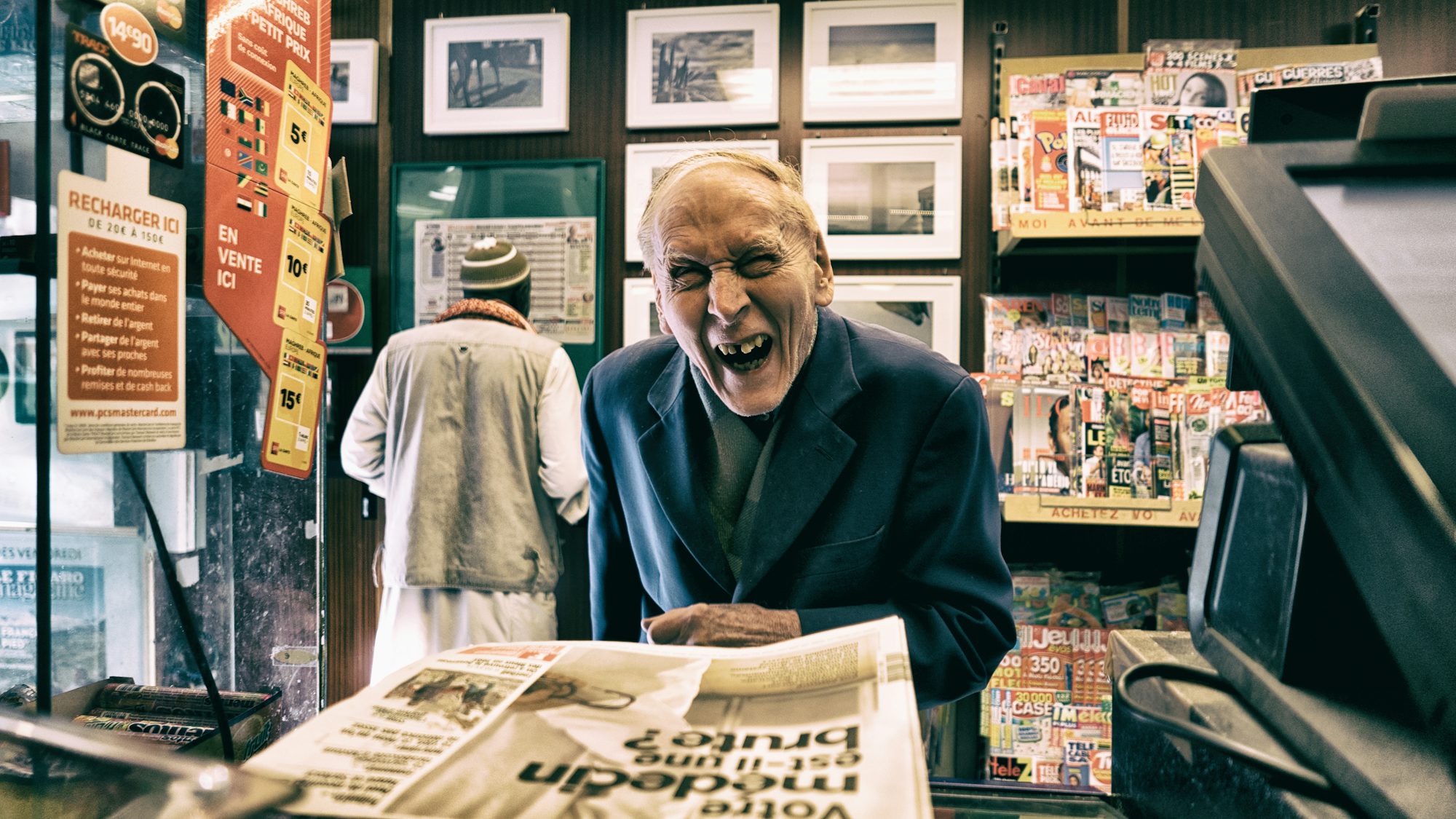Inequality is rapidly rising up the political agenda right across the West. Thanks to Thomas Piketty, but no doubt also to a long recession which has seen a sharp fall in living standards, people are again feeling anxious that the proceeds of economic growth are not being shared equally.
Indeed, according to a YouGov poll from April most people now show a preference for greater equality over greater national wealth. 56 per cent of people would like to see a more equal sharing of income, even if it reduces the total amount of wealth. Meanwhile just 17 per cent would opt for greater overall wealth if it resulted in greater inequality.
As Ed Miliband has noticed, economic growth is one thing, but it must be growth for all, not just for a small subsection of people at the top.
People right across the political spectrum are also seemingly coming to realise that gross inequality can have deleterious consequences. Even George Osborne couldn’t resist boasting in the Commons earlier this year that inequality had been reduced under the Tories (he didn’t quite tell the whole story).
The bigger question is always how to deal with it: the Tories tend to rely on the apparently magical benefits of growth to fix the problem, while Labour prefers to tweak the tax and benefits systems.
A problem with Labour’s traditional approach, however, has been the ease with which new governments have been able to reverse any modest gains. We see this today with the coalition’s assault on measures like tax credits, introduced by the previous government but cut by the Tory-led coalition. The poorest in Britain saw their lot gradually improve under the Tony Blair and Gordon Brown, and yet today Britain’s poorest are worse off than their counterparts in Germany, France, Belgium, Austria, Denmark, Sweden and Finland.
One of the keys to tackling inequality, then, will be addressing the gap between rich and poor before it arises. ‘Predistribution’, was what Ed Miliband called it; or in plain English, focusing on things like proper wages ahead of paying out benefits.
But another facet of predistribution must be the trade unions, as is highlighted in a new paper for the Class think tank by Richard Wilkinson and Kate Pickett, authors of the bestselling book The Spirit Level.
The authors begin by pointing out that there has been a trend towards increasing inequality in the West since the late 1970s:
“From the 1970s to the early 1980s, the CEOs of the largest 350 US companies were paid 20 or 30 times as much as the average production worker. By the first decade of the 21st Century they were getting between 200 and 400 times as much.”
Importantly, they conclude that the widening gap “seems…to reflect a lack of any effective democratic constraint on top incomes”.
Later on in the paper the authors are a little clearer as to what this ‘democratic constraint’ might be:
“This pattern reflects the strengthening and then weakening of the labour movement during the 20th Century…As trade union membership declined, inequality increased.”
Helpfully they include some Spirit Level-style graphs to make things a little clearer:


As well as trade unions exerting pressure on employers to pay higher wages, the authors argue that the overall ideological influence of the left on society during the 20th Century helped to mitigate against inequality. Since the 1980s and the rise of Thatcherism, however, the left has lost its way, and as a result there has been less of a brake on inequality:
“It is a mistake to think that the main changes in inequality have resulted simply from impersonal market forces rather than from the outcome of political and ideological processes. Similar political forces are also evident behind the reduction of income inequality in Britain during the two world wars, and in the earliest development of welfare systems under Bismark.”
The paper concludes by arguing that the left needs to “recreate a movement with the political and social influence which enabled the former labour movement to achieve the major reductions in inequality during the middle decades of the 20th Century”, adding that:
“Progress will depend not only on government action, but on wider civic society; trade unions must play a central role in the progressive alliance.”
So in sum, when it comes to reducing inequality trade unions are still the only show in town. The big questions is whether this is a palatable conclusion for Ed Miliband at a time when the press are so keen to paint him as “Red Ed in the pocket of the unions”.
This post originally appeared on Left Foot Forward, and is cross-posted here with permission.
